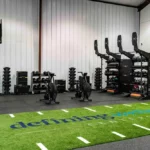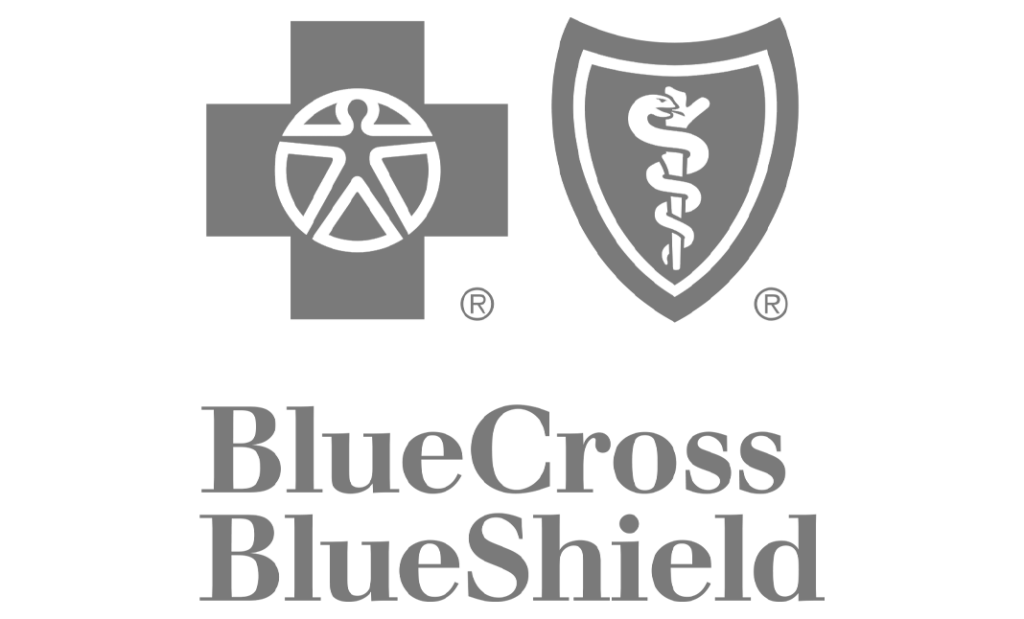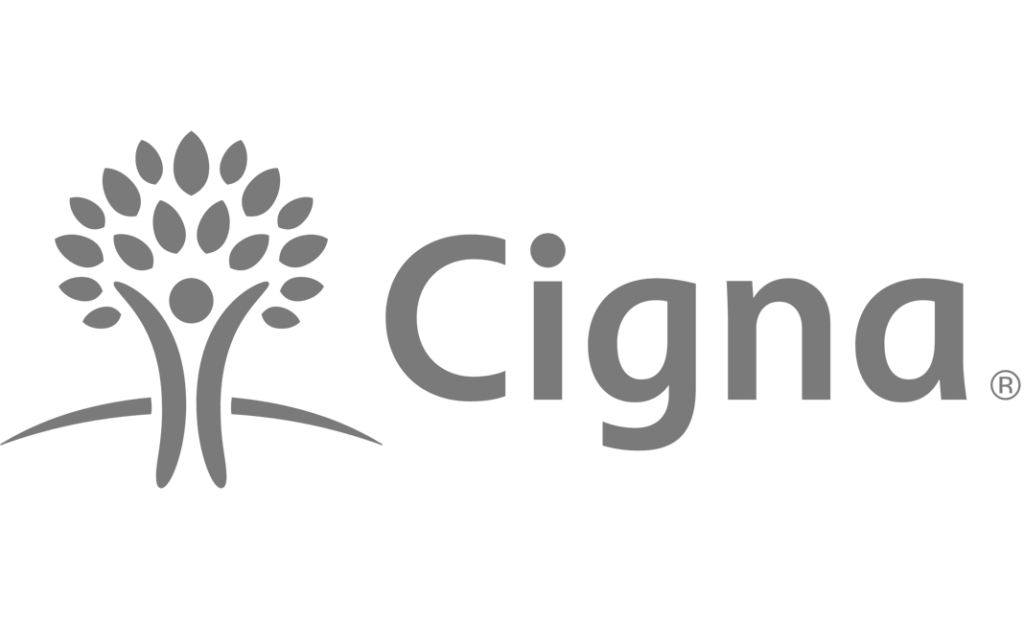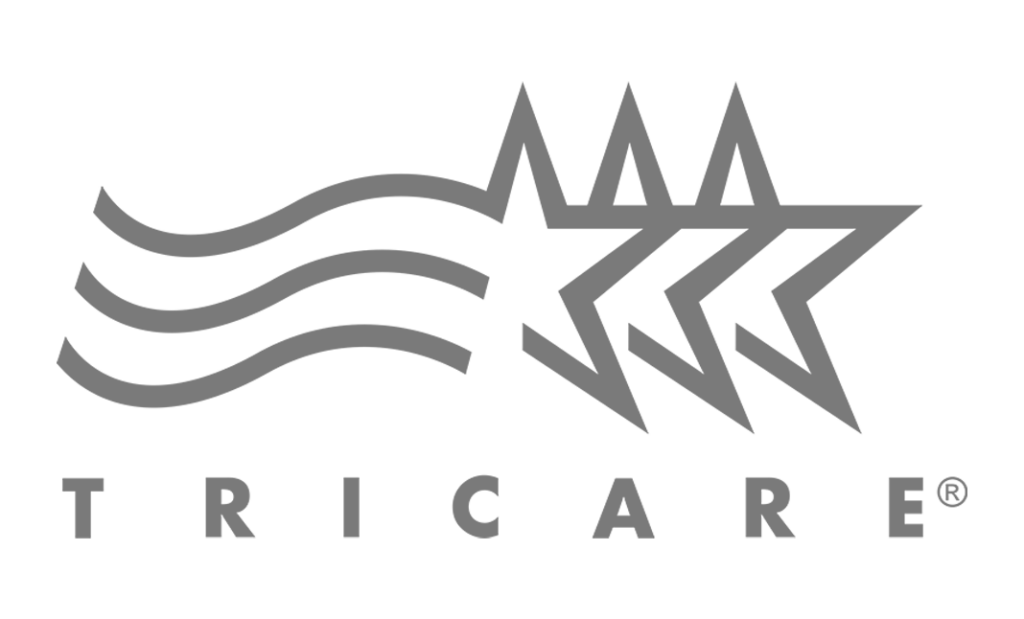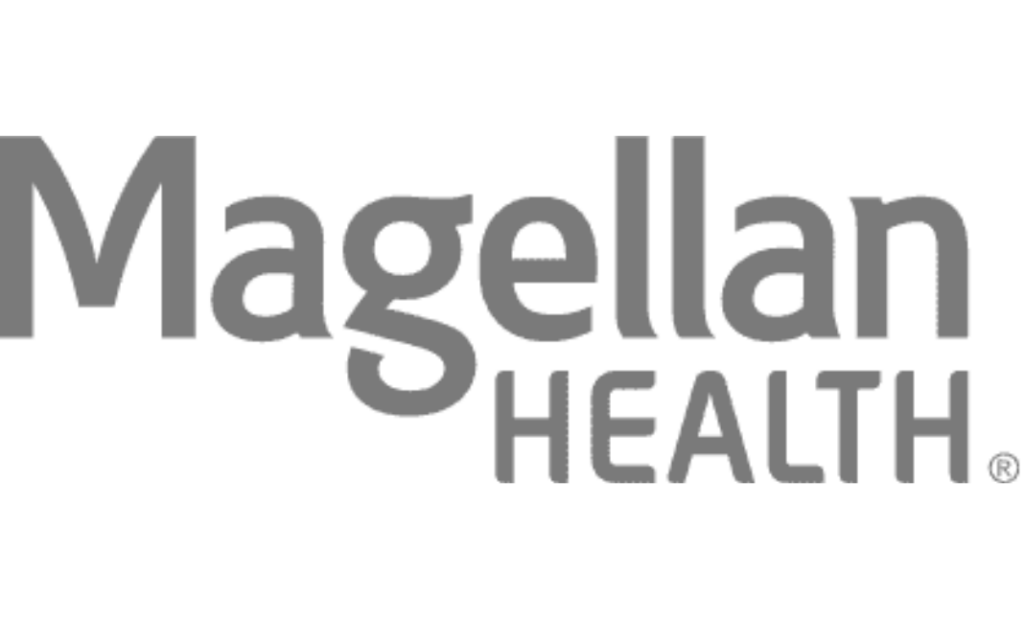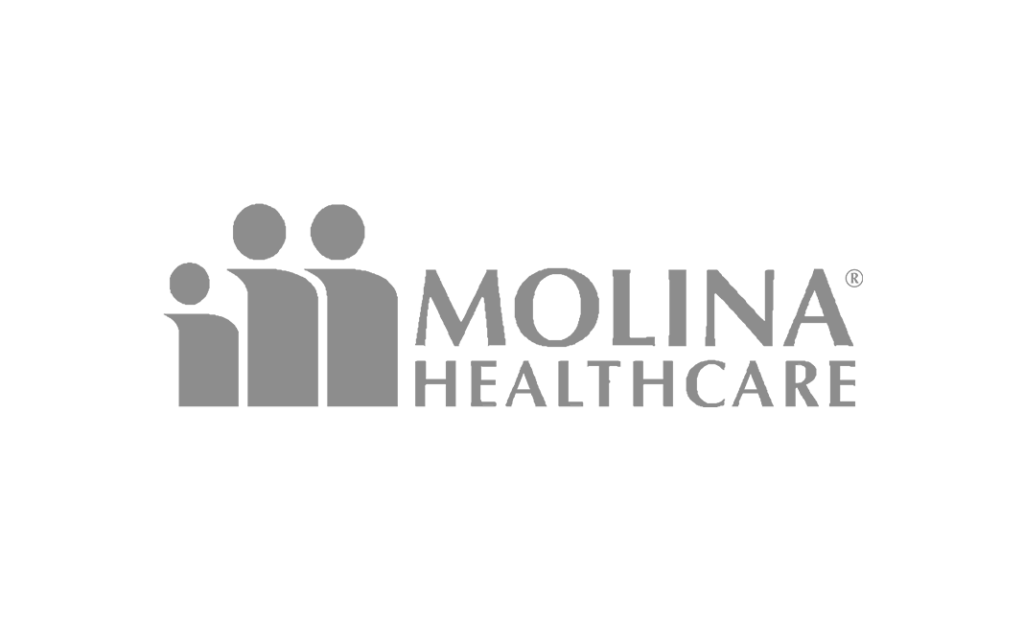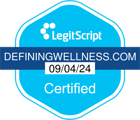When you’re suffering from a mental health or substance abuse disorder, a comprehensive treatment program is essential, which can include a health and nutrition program. However, so many treatment programs rely on conventional clinical therapies alone to treat substance abuse and addiction. Although talk therapy and medication are important and can be extremely effective, modern-day treatment programs should take a more holistic approach.
The best treatment programs address the mind and body, and they also focus on healing the body in order to heal the mind. The physical body and the brain work together as one unit, and what happens to one affects the other. You’d be surprised at how diet, exercise, and other lifestyle choices can affect the way your mind operates. When you create an environment for your body to heal, your mind will naturally follow suit.
Why the Mind-Body Connection is Key for Recovery
Addiction is a type of mental illness, but that doesn’t mean that treatment should only rely on improving one’s mental health. Focusing on the physical component—healing the body—is just as important. For lasting and long term recovery, the key is to focus on physical health first. Building healthy physical habits into your daily life can have a profound impact on the mind’s ability to heal.
Anyone who has struggled with substance abuse knows that addiction is a lifelong disorder. You will always be in recovery, even once you get sober and your addiction is managed. Taking medication and going to therapy are fantastic treatments, but they aren’t meant to be long term solutions. Healthy habits, like focusing on exercise and diet, are things you can do for your lifetime. Here are some of the ways that you can heal your body in order to heal your mind.
- Start an exercise routine and stick with it
Moving your body through daily exercise is an essential part of any substance abuse or mental health recovery program. Multiple studies have shown that exercise has the ability to improve mental health and aid in recovery from disorders like depression and anxiety. On top of that, exercise is proven to reduce stress, boost mood, and improve sleep quality.
There are a few ways that exercise is beneficial for mental health. When you work out, your brain increases the production of neurotransmitters like serotonin, endorphins, and dopamine, which immediately make you feel happier and more relaxed. And if you’re dealing with stress or cravings, working out can be a great way to take your mind off the feeling.
The best part about exercise is that you don’t have to hit the gym or run a 5k to get the mental health benefits. Moving your body in whatever way you enjoy—yoga, pilates, walking, and even stretching—can help you feel better and aid in your addiction recovery. The best facilities have an on-site fitness center where clients can work out with a personal trainer, practice yoga and pilates, run on the treadmill, play basketball, and more.
- Focus on nutrition and healthy eating
People who struggle with addiction generally do not have the healthiest eating habits. When you’re using drugs and alcohol, your brain struggles to make healthy decisions, like choosing a salad over pizza. You eat whatever feels good at the moment, even if it’s not the best choice for your body.
With that being said, focusing on nutrition is another important part of addiction recovery. If you aren’t getting the right vitamins, minerals, and nutrients from your diet, your brain isn’t functioning optimally. Healthy fats, proteins, and carbohydrates fuel your brain and body, and without them, it can create deficiencies that contribute to mental distress.
Facilities like Defining Wellness that focus on health and nutrition use this type of treatment to help our clients during recovery. On the grounds of our inpatient center, we have a garden where we explore horticulture and grow a variety of herbs and vegetables that our culinary team uses to prepare meals.
Another thing to know is that nutrition is directly tied to gut health, which has been linked to mental health. Essentially, having too much harmful gut bacteria increases your risk of developing mental health issues. One of the best ways to improve your gut health is to eat more fermented foods, which have been shown to encourage good bacteria growth.
- Integrate wellness technology into your recovery
We believe that evidence-based wellness technology is a great compliment to more traditional forms of treatment. This is something that is unique to our center and our treatment approach. We’ve seen the effects of wellness technology firsthand, and believe in its ability to heal the body during early recovery.
We use Joovv red light therapy to help clients reduce inflammation, reduce stress, and improve sleep. Red light therapy has been shown to rejuvenate cells which can become severely damaged in addicts. We use PEMF (pulsed electromagnetic fields) to repair cells and promote an environment of healing in the body.
At our center, you’ll also find compression boots, which are used to improve circulation, flush out toxins, and promote tissue repair. Many of your clients undergo treatment with Alpha-Stim devices, which have been shown to improve mood, reduce pain, and relieve depression and anxiety symptoms.
Addiction Treatment at Defining Wellness
Addiction therapy has grown leaps and bounds, and at Defining Wellness, we’re committed to staying on top of new advancements in treatment. That’s why wellness technology and holistic treatments are part of every therapeutic program. Our treatment facility is equipped with a Wellness Lab that includes technology designed to heal the brain during early recovery.
We use a variety of tools that have been shown to accelerate recovery and help people stay sober for the long term. Many of our treatment programs integrate next-generation wellness tech, such as neurofeedback and AI-based cardio workouts.
In addition to technology, we offer other proven treatment modalities, like hypnotherapy, CBT, motivational interviewing, and DBT. Contact us at (855) 790-9303 to learn more about our unique approach to mental health and addiction treatment.







